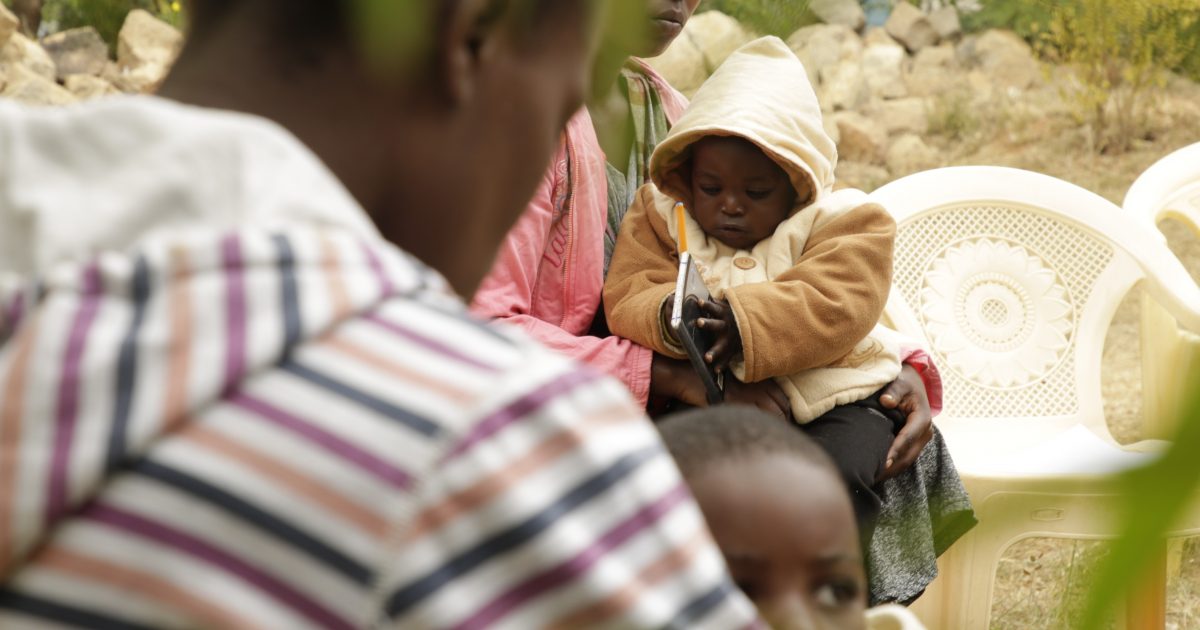Aisha* and Amina*, both just 17, should be in school or building dreams.
Instead, they're navigating motherhood in Korogocho, one of Nairobi's most densely populated informal settlements, where adolescent pregnancy often spells the end of formal education and the beginning of economic struggle. "I want to go back to school, but I also want my child to have a better life," says Aisha, cradling her baby. "Sometimes when my mother doesn't have money, we just stay hungry." Amina, who gave birth at 16, echoes the frustration: "They say we can go back to school, but they don't ask if we have childcare, food, or sanitary pads." Their stories are all too common.
A 2022 study by the African Population and Health Research Center (APHRC), in collaboration with Miss Koch Kenya and Nairobi County's Directorate of Children Services, paints a stark picture.
Among 594 adolescent girls surveyed, 76.7% reported their pregnancies were unintended, and 91% had dropped out of school by the time of the study. At a recent media workshop organized by the Media for Environment, Science, Health and Agriculture (MESHA) and the Solutions Journalism Network, Dr.

